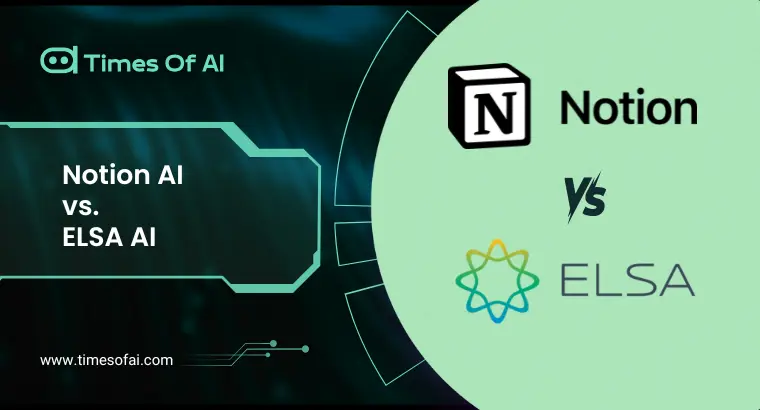
- Generative AI is revolutionizing content creation, but it’s also sparking concerns over intellectual property theft. Bill Gross, the CEO of ProRata, is stepping in with a bold plan to address what he calls AI’s ‘shoplifting’ problem.
- Partnering with industry giants like Time and Universal Music Group, ProRata aims to ensure that content creators are fairly compensated for their work, even as AI-driven platforms continue to grow. Gross’ innovative approach could set a new standard for how AI companies interact with copyrighted material.
Tackling Generative AI’s ‘Shoplifting’ Problem
In the rapidly changing world of generative AI, an important issue around unauthorized use of copyrighted material has emerged. Often referred to as ‘shoplifting’, this practice poses a danger to content creators working in many industries. Bill Gross, a seasoned entrepreneur and CEO of ProRata is in charge of changing this dynamic. His startup has developed a strategy to ensure that when their work is used in training or improving AI models, creators are duly compensated by AI firms.
ProRata’s Strategic Alliances
Gross’s vision has been enhanced by forming key alliances with media industry players like Time and Universal Music Group. These partnerships are vital as they give ProRata the credibility and presence needed to influence broader industry standards. In these collaborations, Prorata aims to develop a system where licensing fees are paid by AI companies, thus ensuring equitable compensation for creators.
A New Business Model for AI and Content
Prorate’s business model assumes that content does have intrinsic value even in the digital landscape driven by artificial intelligence. Gross sees a future whereby, apart from being transparent about the data they use, AIs must also be required to pay back the original creators of what they feed into it. This approach could potentially reshape the relationship between AI developers and the creative industries, setting a precedent that could be adopted globally.
The Challenges Ahead
While Gross’ plan is ambitious, it is not without its challenges. The generative AI industry is still in its infancy, and most companies operate within legal grey areas regarding content usage. There may also be difficulties enforcing licensing agreements across national boundaries. Nonetheless, despite these obstacles, ProRata continues driving ahead with its vision, believing that eventually, the industry will realize why content creators should be fairly compensated.
ReadMore:Zuckerberg Predicts AI Explosion: Massive Scale in the Next 7 Years
Industry Reactions and Future Prospects
The reception to ProRata’s approach has been mixed. Some insiders believe that this is an inevitable evolution for the AI-content relationship. Ot,hers how,ever feel that Gross’s model is likely to encounter difficulties in its implementation acrlarge-scalecale platforms. Despite these conflicting views, ProRata is committed to achieving this goal and believes there can be a fairer system the future of creative industriesture.
Conclusion:
In the generative AI space, Bill Gross’ Prorata deals with one of the most crucial issues — unauthorized use of copyrighted content. Through strategic alliances and a new business model advocated by him, Gross intends to ensure that creators are not taken advantage of by anybody. However, despite some challenges, it could have significant implications for how artificial intelligence firms conduct their operations and set a new standard for the entire industry.





